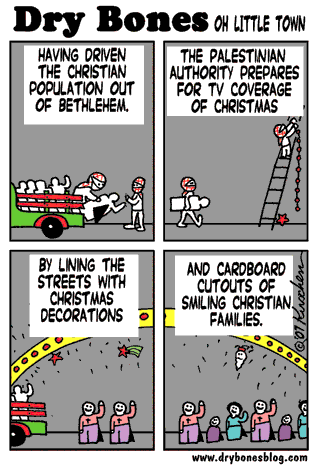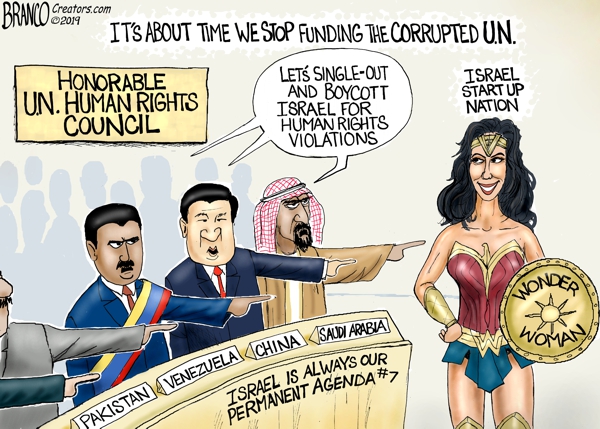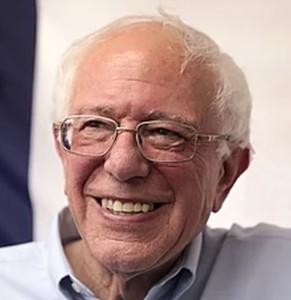NGO Monitor: An analysis of the United Nation’s BDS blacklist
After multiple delays over legal, due process and methodological concerns, which do not seem to have been addressed, on Wednesday the U.N. Office of the High Commissioner for Human Rights (OHCHR) published its “database of all business enterprises” that it claims contribute to “human-rights concerns.” This U.N. blacklist, ordered by the U.N. Human Rights Council, is meant to bolster BDS campaigns, singling out Israel.Israel freezes ties with UN rights chief after release of settlement blacklist
This singular treatment of Israel in this exercise, as with many other HRC initiatives, violates the International Holocaust Remembrance Alliance (IHRA) definition of anti-Semitism.
The database is aimed at economically damaging Israel and companies owned by Jews or that do business with Jewish Israelis. In keeping with the BDS objective, 94 of the 112 companies on the blacklist are based in Israel. Many Arab, European and Asian companies that meet the list’s criteria were excluded; large Israeli companies were included, clearly in order to maximize the economic harm to Israel’s economy as a whole.
Subscribe to The JNS Daily Syndicate by email and never miss our top stories
This blacklist operates under the false premises that business in occupied territory is “illegal settlement activity” barred by international law. In fact, there is no such prohibition, and almost every country engages in and/or facilitates business activities in settlements in situations of occupation. Unsurprisingly, however, the United Nations is only pursuing such a list regarding Israel.
A major category of listed companies are those providing consumer goods and services (food, telecommunications, transportation, gas, water) to both Palestinians and Israelis. The United Nations seeks to bar such companies from operating or impose discriminatory business criteria with little regard as to the human rights and economic impacts on the local population and the companies’ employees.
Pro-BDS NGOs, including Human Rights Watch (HRW), Amnesty International and Al-Haq, have been major proponents of the blacklist. Over the past few months, these groups, along with UNHRC-member dictatorships, have been intensively lobbying High Commissioner for Human Rights Michele Bachelet, the former socialist leader of Chile, to publish it.
Israel is suspending its ties with the United Nations High Commissioner for Human Rights, the Foreign Ministry announced Wednesday, several hours after the UN body published a list of 112 companies that do business in West Bank settlements.Humanitarian Aid donated to the Palestinians sold for profit
Foreign Minister Israel Katz’s office said he ordered the “exceptional and harsh measure” in retaliation for Michelle Bachelet’s office “serving the BDS campaign,” referring to the anti-Israel Boycott, Divestment and Sanctions Movement.
Katz intends to protect the companies operating in Israel, his office stated.
It was not immediately clear what practical implications the decision would have. The commissioner’s office has representatives stationed in Israel, but they are not known to enjoy good working relations with Israeli diplomats. Officials in Jerusalem on Wednesday evening merely said that any requests they may have will not be answered as of today.
Earlier on Wednesday, the commission unexpectedly released the so-called blacklist, which had been in the making since March 2016, when the Geneva-based UN Human Rights Council passed a resolution calling for a database of companies promoting or maintaining Israeli settlements.
Israeli reacted angrily to the publication of the blacklist, denouncing the UN body responsible for compiling it and vowing to protect Israeli financial interests. The Palestinians, meanwhile, celebrated a “victory for international law.”
Ninety-four of the 112 companies on the list are Israeli, including all major banks, state-owned transportation companies Egged and Israel Railways Corporation, and telecommunications giants Bezeq, HOT and Cellcom. It also lists medium-size companies such as restaurant chain Café Café and Angel Bakeries.
The United Nations Relief and Works Agency (UNWRA) is tasked with administering humanitarian aid and social welfare to Palestinian refugees.
Last year, a leaked confidential report from UNRWA’s ethics office detailed abuses of power among the agency's senior management, documenting incidents of "sexual misconduct, nepotism, retaliation, discrimination and other abuses of authority, for personal gain, to suppress legitimate dissent, and to otherwise achieve their personal objectives."
In light of the scandal, the Netherlands, Switzerland, Belgium and New Zealand suspended funding the agency.
UNRWA has long been controversial as it seeks to perpetuate the Palestinian refugee crisis, rather than resolve it.
The corruption and abuse of power exists even at the most fundamental level.
Food aid donated to the people of Gaza from UNRWA and from private donations has been seen on the grocery store shelves, sold for profit and promoted on the stores social media pages.
One store advertised cans of tuna, clearly labeled as a "gift" from the people of Japan
Powdered milk, donated from the UN Refugee Works Agency (UNRWA) and clearly marked "Not for Sale" was also available
It spite of the ongoing controversy, UNRWA continues to solicit funding worldwide. Its time for anyone committed to justice for the Palestinian people to seriously consider alternatives to the bloated and corrupt UNWRA bureaucracy.








































